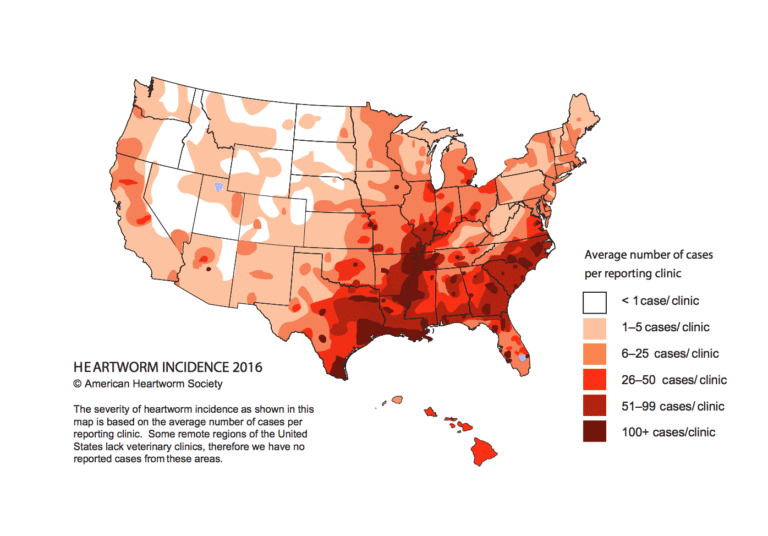Pet Wellness
Pet-Safe Holiday Décor
The Holidays are here and it’s time to deck the halls with snazzy new décor! We all know the usual festive foods and decorations to avoid – mistletoe, ribbons, tinsel, and chocolate, to name a few – but there are less obvious risks that can seriously harm your pet. Avoid the pitfalls of dangerous holiday décor and check out our alternatives for pet-safe holiday crafts.
Giardia
Giardia is a microscopic protozoan that lives in the intestinal tract of many animals worldwide. Unlike other common parasites, it is not considered a worm. Rather, it is a single-celled organism that can cause gastrointestinal upset (i.e. diarrhea and vomiting) in some animals.
Giardia is more common in areas that are densely populated with animals. This includes kennels, daycares, shelters, and large cities. Because of this, it is frequently diagnosed in animals that live in downtown Indianapolis.
Our Patient Care Manager is Here For You
Meet our Patient Care Manager, Nicki Grider! This past year, our clinics implemented this new position to be an extension of your visit here with your pet. With over 15 years of veterinary field experience, Nicki is a wealth of knowledge and a great fit for the position of Patient Care Manager.
Seizures
Seizures are caused by abnormal electrical activity in the brain. A seizure is considered to be a clinical sign/symptom of an underlying disease process. Seizures by themselves are not a disease. The most common cause of seizures is idiopathic epilepsy, which means scientists and doctors don’t know what specifically cause them. Other causes of seizures may be due to liver or kidney disease, nutritional deficiencies, brain tumors, certain infections, trauma, or toxin/poison ingestion.
No matter how many seizures your pet has or how severe they are, it is important to bring it up to your veterinarian so they can be further investigated and better managed!
Table Scraps – Treat or Trouble?
It’s prime time for barbecues and parties! While your friends may want to include your dog in the festivities, some table scraps can be dangerous. Here are ten types of table scraps to avoid when giving treats to your dog.
Foreign Body Obstructions: When Your Pet Eats Something They Shouldn’t
Sometimes our pets eat objects, table scraps, or food that they are not supposed to. When an animal eats its normal sized and appropriate food, it first goes to the stomach and then is further digested along the intestines. A foreign body obstruction can occur when an animal eats something and it gets lodged in part of its gastrointestinal tract. When this happens, the digestive tract is unable to propel the food and it gets stuck along the way.
Why Your Pet Needs a Heartworm Test Every Year
We explain why yearly heartworm testing is recommended for every dog, every year – including those fortunate dogs who are on prevention every month year round.
Is BRAVECTO® Flea and Tick Preventative a Good Option for Your Pet?
Our clinics recently started offering BRAVECTO®, a flea and tick preventative that comes as a flavored chewable for dogs and as a topical for cats. Why is BRAVECTO convenient? BRAVECTO offers a full 12 weeks of protection while other preventive provide protection for only one month. It is a great way to have peace of mind and not have to worry about pesky parasites for three months.
National Pet Poison Prevention Week
Pet Poison Prevention Week, every 3rd week in March, is a week dedicated to help make the public more aware to common household toxins, how to avoid them and what to do if you suspect your pet has ingested one of these items.
Heartworm + Flea Preventions: Does My Pet Really Need This?
Avoiding infection of heartworms, intestinal parasites, fleas and ticks in your beloved dog and cat is essential for the pets’ health. This can easily be prevented in both dogs and cats with monthly medications purchased from your veterinarian. There are various preventatives on the market these days and each medication is slightly different in which parasites they protect against and the mode of how they work.
- « Previous
- 1
- 2
- 3
- Next »


